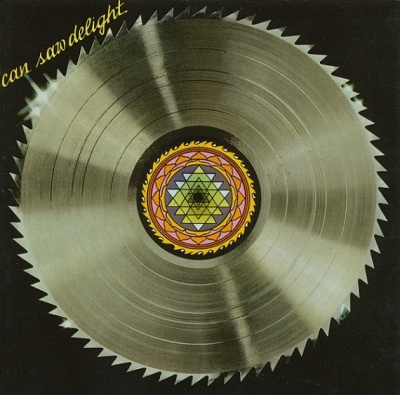
Set Page Borders in Microsoft Office 2003, In this video tech2inn show you, how to set page borders in Microsoft Office Word 2003, watch and enjoy this small tutorial. Microsoft office page border templates. Youtube Channel: Follow on Twitter: Like on Facebook: Linkedin: 'Speed up window, startup window xp, window xp tips, Microsoft Window, Window XP, Window 7, Window 8, Linux, Android, Web Technology, Social Media Website, Facebook, Twitter, Myspace, Linkedin, Google Plus, PC Tips, Facebook Tips, Myspace tips, Twitter tips, rss feed, WordPress tips.
Download Hindi MP3 Songs, Bollywood Old Movie Songs, Pakistani Songs - Songx.PK SongX.pk provides wide collection of Pakistani and Indian music to music lover all over the world. We give all songs in mp3 format, along with lyrics and HD videos. Tago Mago is the third album by the German krautrock band Can, originally released as a double LP in 1971. It was the band's second studio album and the first to feature Damo Suzuki after their previous vocalist, Malcolm Mooney, quit the band in 1970 to return to the United States.
Tago Mago finds Can changing to a jazzier and more experimental sound than previous recordings, with longer instrumental interludes and less vocals; this shift was caused by the dramatic difference between Suzuki and the band's more dominant ex-singer Mooney. Can took sonic inspiration from sources as diverse as jazz musicians such as Miles Davis and from electronic avant-garde music. Tago Mago almost becomes an exception to the 'double-album-that-could've-been-a-single' rule.
After completing this week, you’ll be able to form questions that lead to open and honest conversations and produce positive results. Business english for economists.
There's a little bit too much experimentation on the second disc to make it, but it's usually interesting and the first disc is an absolute masterpiece. The album opens with what is basically a three song suite of 'Paperhouse,' 'Mushroom,' and 'Oh Yeah.' While the band is uniformly strong, pretty much the entire first LP is a showcase for drummer Jaki Leibezeit. By this point he takes his place as one of the very best drummers in rock. The CD reissue liner notes speak of 'Paperhouse' taking off and levitating, and for once this is not hyperbole. Leibezeit along with Karoli's percolating rhythm and some interstellar stabs from Schmidt's keys make the song really take off, glide above the ground, pick up speed, and slam into 'Mushroom.'
The groove here is so infectious that the Flaming Lips would pretty much rip off the song wholesale twenty years later on their track 'Take Meta Mars.' Suzuki mumbles right through these songs glorious, stumbling gleefully through languages and gibberish and ranting about peeing off a bridge in Japanese (at least that how my wife translates it). By 'Oh, Yeah,' Damo gets the chance to emote backwards and does a damn successful job of it. It doesn't hurt that Holger Czukay and Leibzeit accompany him at their metronomic best as Karoli and Schmmidt provide aural window dressing.
'Halleluwah' (the stand out track in my opinion) takes up the entire second side at almost 19 minutes but never gets boring despite its epic length. Leibezeit manages about the most complicated beat that I imagine you could play in 4/4 time and the song still manages to be the funkiest track that anyone from Germany has ever produced. Our majestic moment her occurs when the beat briefly drops out, with the band shortly plunging back in at full lurch. 'Halleluwah' might be a tiny notch below 'Mother Sky' from Soundtracks, but being second to that track is still nothing to sneeze at.

'Oh Yeah' and 'Halleluhwah' contain the elements that have been referred to as Can's 'trademark' sound: 'Damo Suzuki's vocals, which shift from soft mumbles to aggressive outbursts without warning; Jaki Liebezeit's mantric drumming; Holger Czukay's production manipulations (e.g. The backwards vocals and opening sound effects on 'Oh Yeah').' Both 'Oh Yeah' and 'Halleluhwah' emphasize repetitive grooves.
The second LP features Can's more avant-garde efforts, with Roni Sarig, author of The Secret History of Rock calling it 'as close as it ever got to avant-garde noise music.' There are lots of interesting ideas present but the band's modern compositional tendencies come to the fore and as good as these guys are, they're not Gyorgy Legiti or Steve Reich.